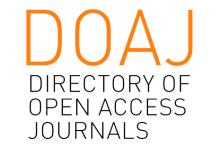Resource information
The field for application of biomass is rising. The demand for food and feeding stuff rises while at the same time energy, chemicals and other materials also need to be produced from biomass because of decreasing fossil resources. However, the biorefinery ideas and concepts can help to use the limited renewable raw materials more efficiently than today. With biorefineries, valuable products, such as platform chemicals, can be produced from agricultural feedstock, which can subsequently be further processed into a variety of substances by the chemical industry. Due to the role they play as producers of biomass, rural areas will grow in importance in the decades to come. Parts of the biorefinery process can be relocated to the rural areas to bring a high added value to these regions. By refining biomass at the place of production, new economic opportunities may arise for agriculturists, and the industry gets high-grade pre-products. Additionally, an on-farm refining can increase the quality of the products because of the instant processing. To reduce competition with the food production and to find new possibilities of utilisation for these habitats, the focus for new agricultural biomass should be on grasslands. But also croplands can provide more renewable raw materials without endangering a sustainable agriculture, e.g. by implementing legumes in the crop rotation. To decide if a region can provide adequate amounts of raw material for a biorefinery, new raw material assessment procedures have to be developed. In doing so, involvement of farmers is inevitable to generate a reliable study of the biomass refinery potentials.



